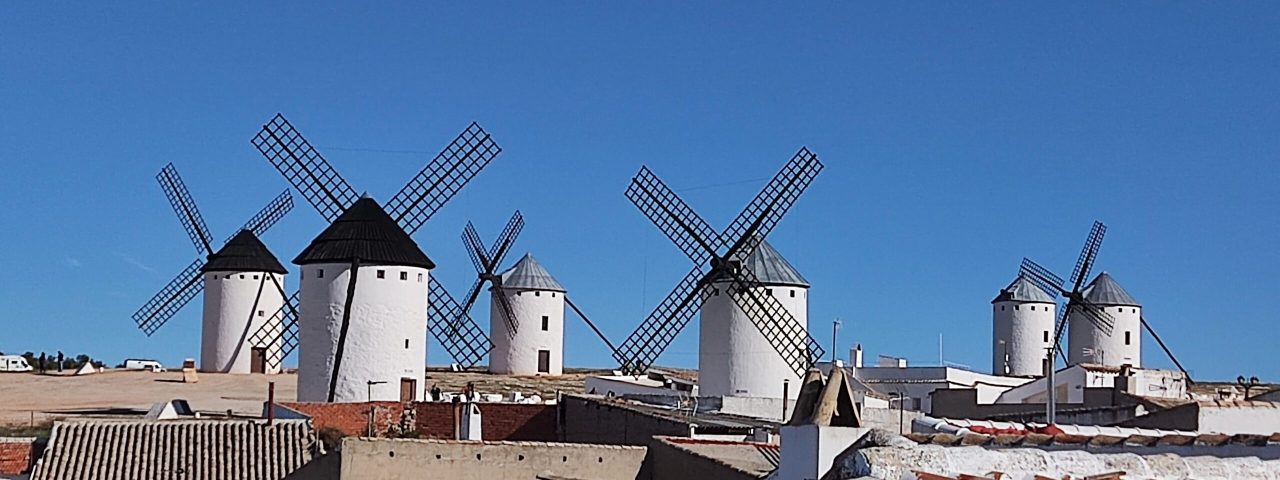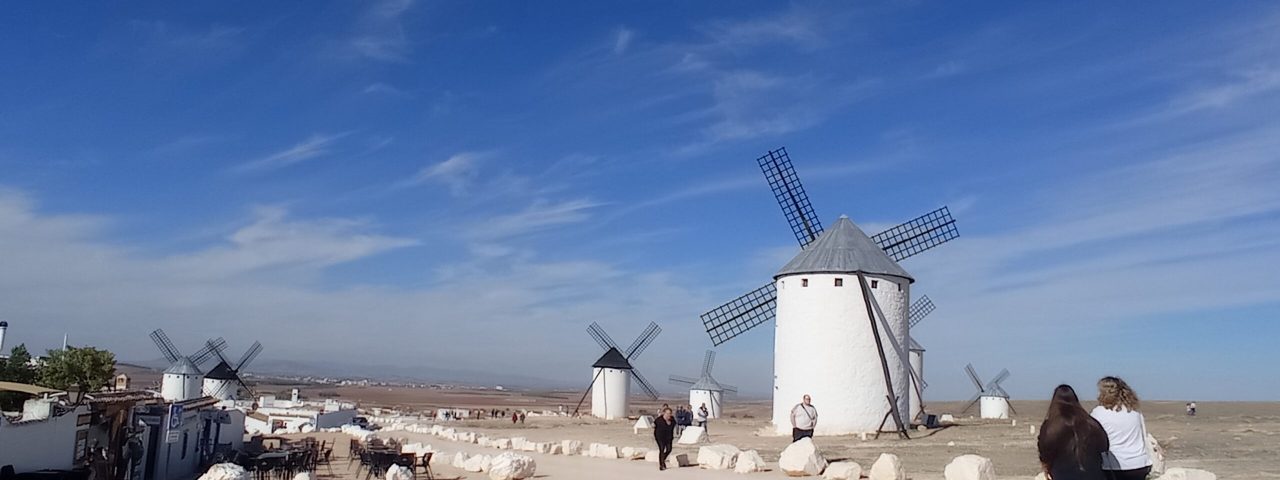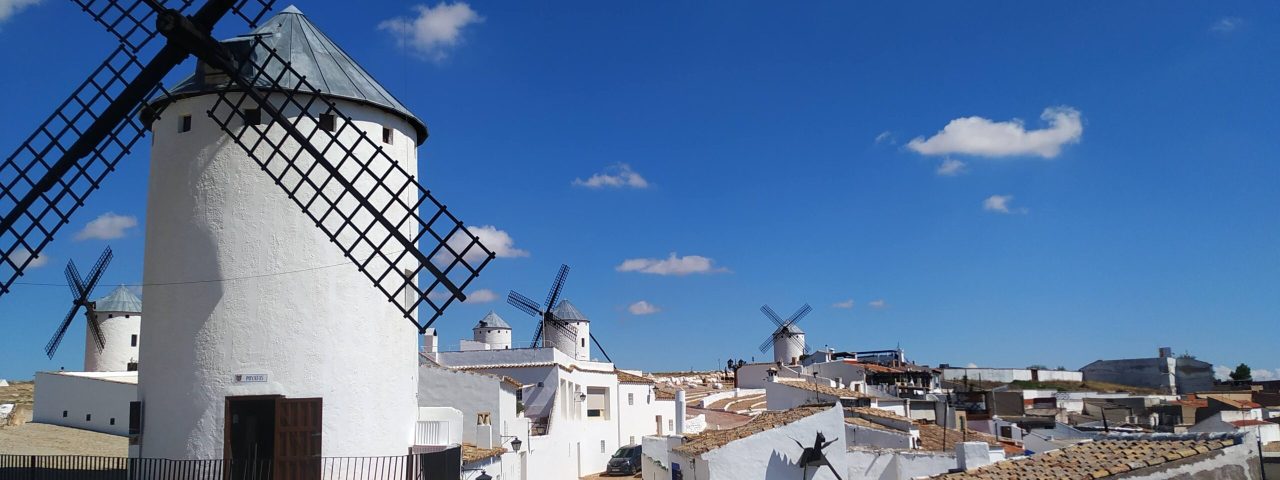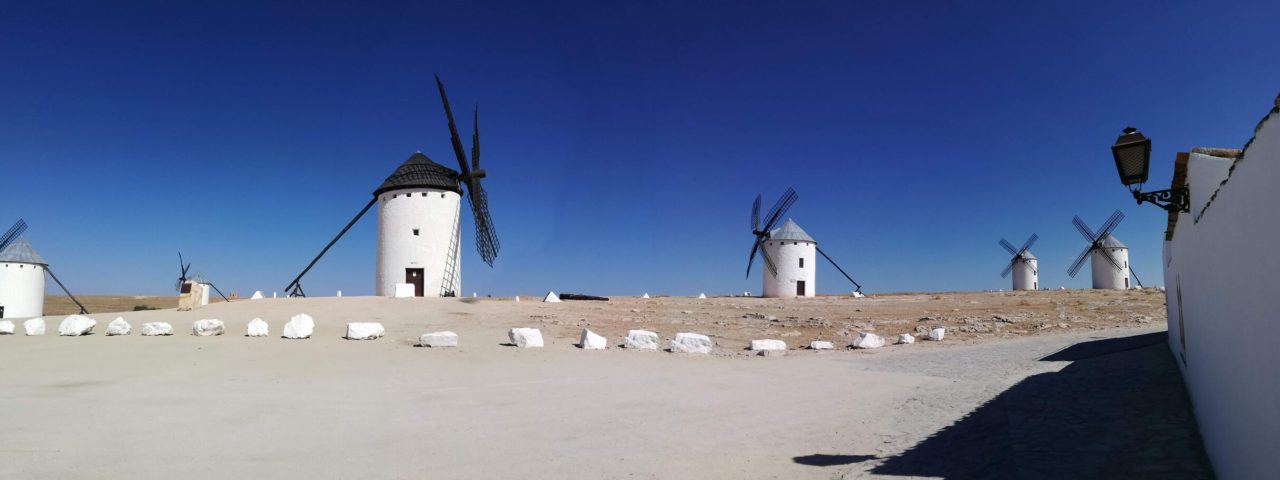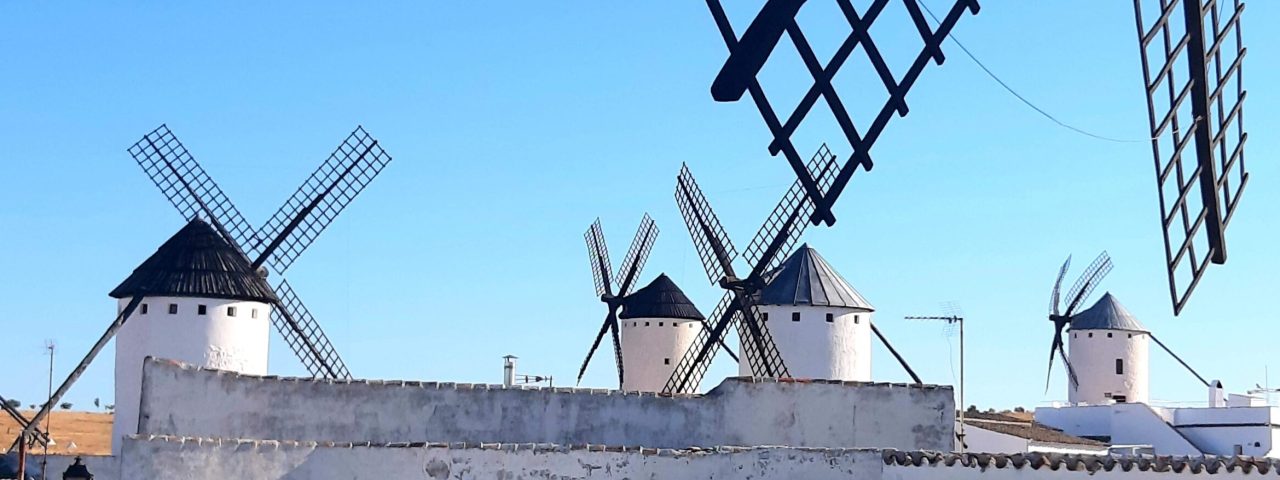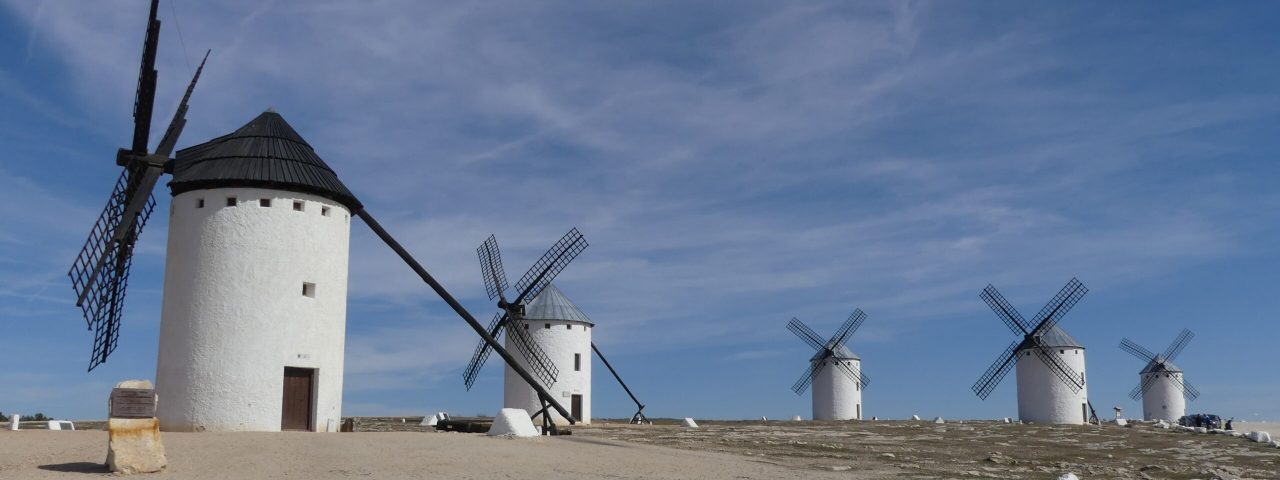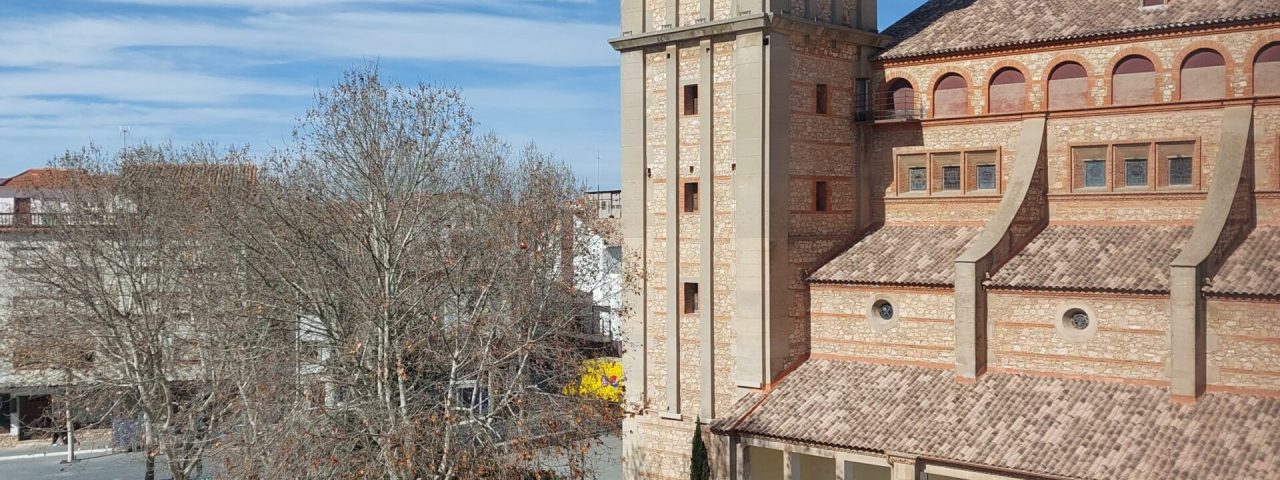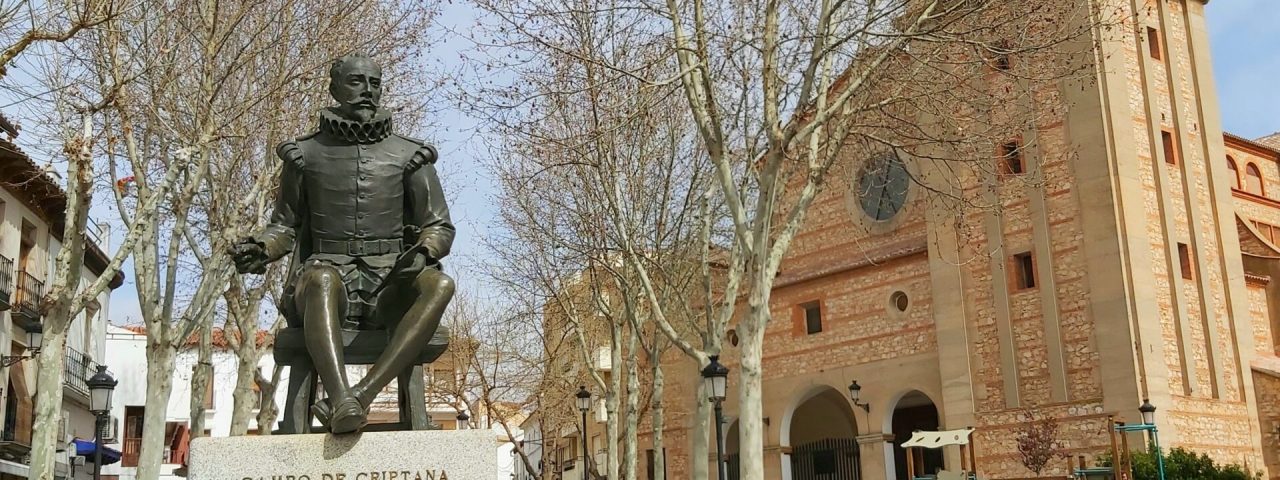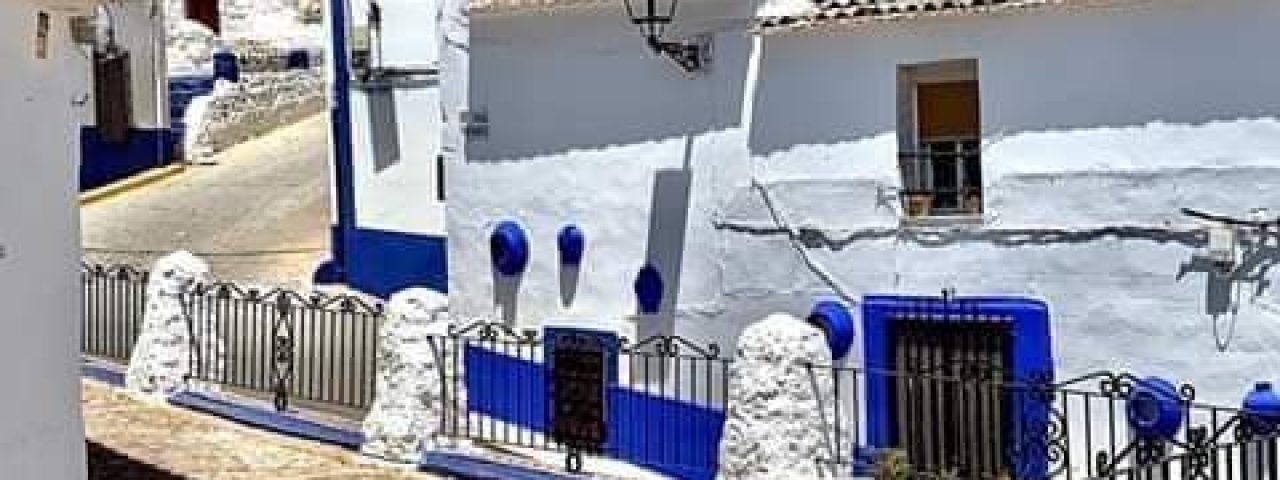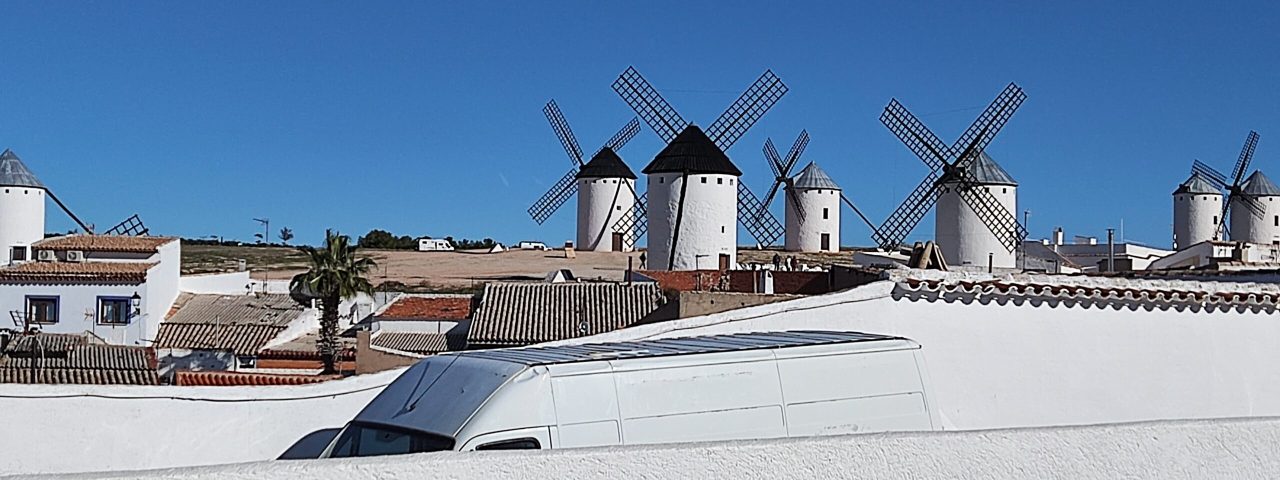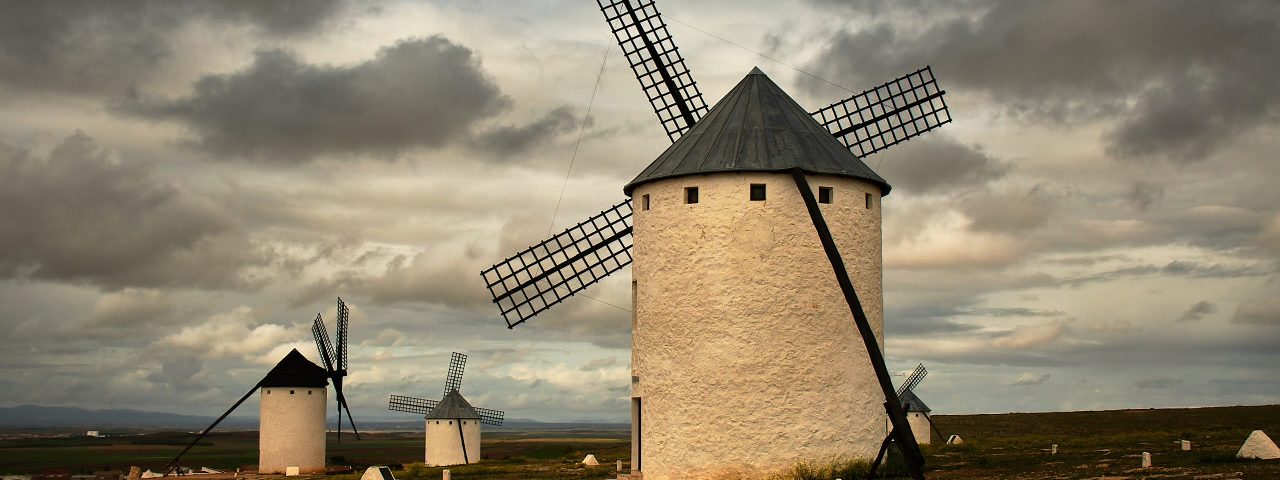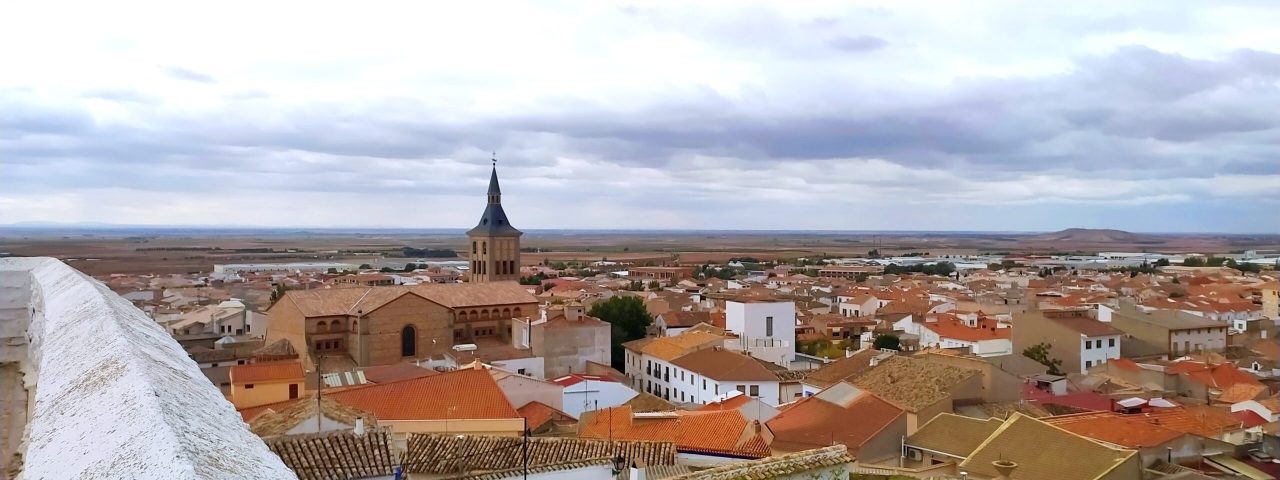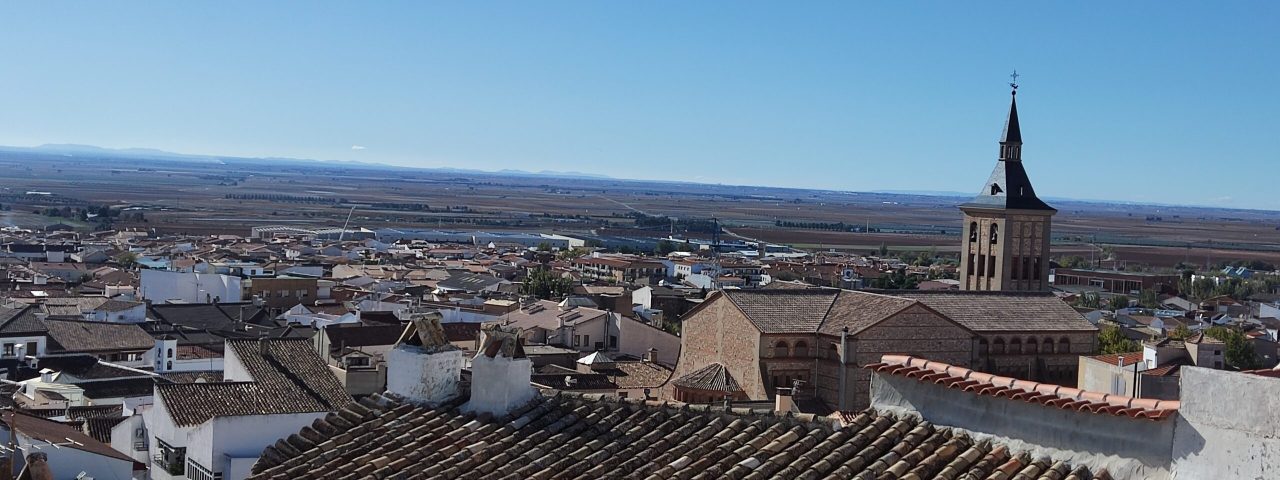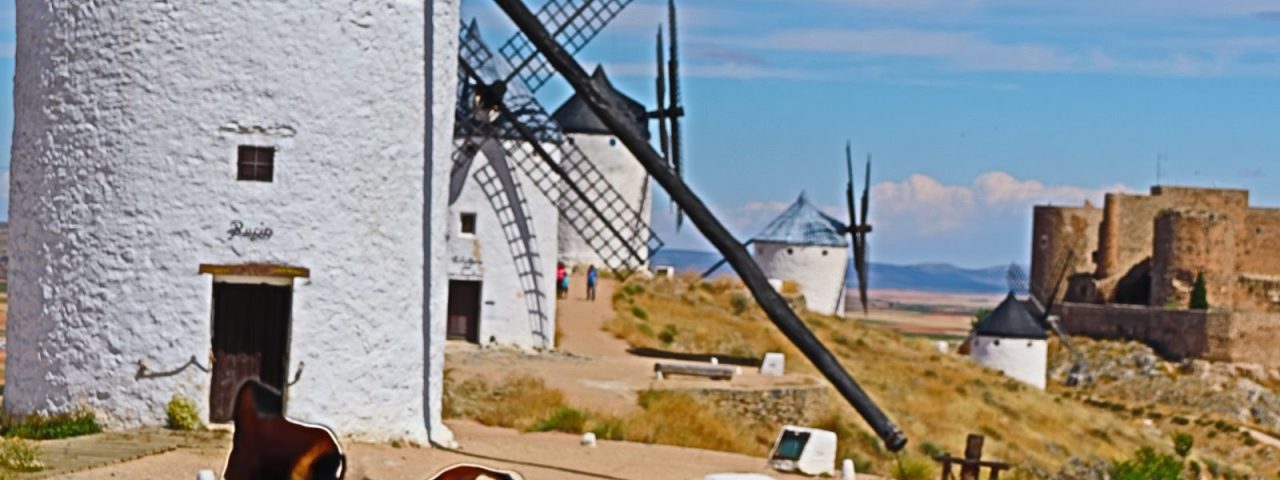Campo de Criptana boasts a rich history that stretches back to the time of the Romans and later the Moors, who left their mark on the architecture and culture of the town. However, the town’s most significant historical influence comes from the Christian reconquest in the Middle Ages, after which it became part of the kingdom of Castile. The town’s history is inextricably linked to agriculture and wind-powered milling, as evidenced by the famous windmills that have become synonymous with its image.
One of the most enduring cultural associations with Campo de Criptana is its link to Don Quixote, the legendary Spanish novel by Miguel de Cervantes. According to tradition, the windmills of Campo de Criptana are the very ones that Don Quixote imagined to be giant enemies in one of the novel’s most famous scenes. Today, this literary connection is celebrated with various cultural festivals, including the “Ruta de Don Quijote,” which draws tourists interested in retracing the steps of the famous knight-errant.
The town celebrates a number of traditional festivals throughout the year, most notably Holy Week (Semana Santa), which is marked by religious processions that bring together both residents and visitors. Other important celebrations include the Carnival in February, the August Fiestas Patronales in honor of the Virgin of Criptana, and numerous wine festivals that showcase the region’s rich viticulture. These events provide visitors with a deep dive into the local culture and make Campo de Criptana a lively destination year-round.
